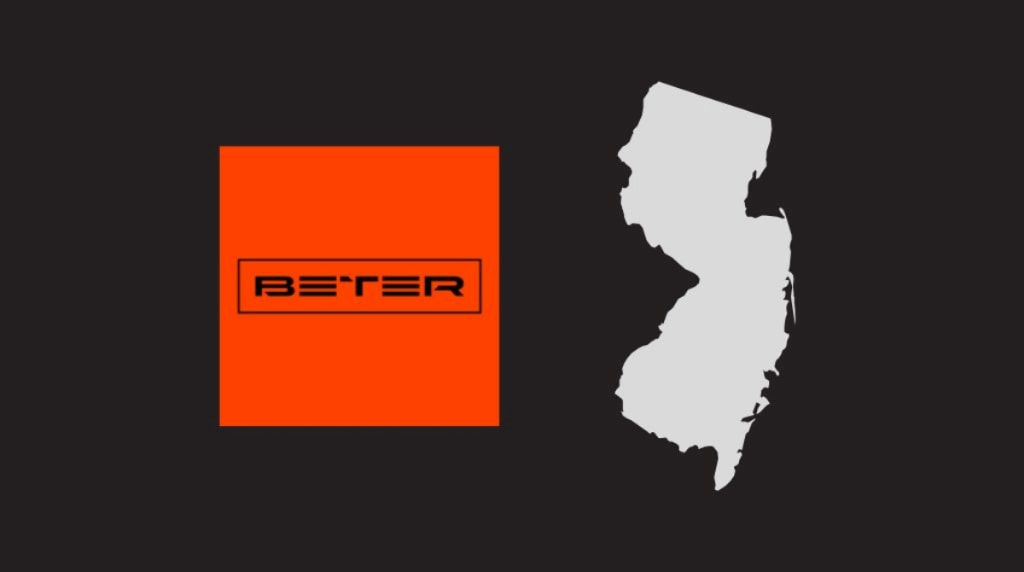Michigan Leans On Unlicensed Sports Markets Amid Regulatory Scrutiny
A growing wave of unlicensed prediction markets has caught the attention of the Michigan Gaming Control Board (MGCB), which is now conducting formal investigations into operators such as Kalshi and Robinhood.

MGCB sends cease and desist letters to alleged sportsbook violators.
Key Facts:
- MGCB is threatening alleged unlicensed sports betting operators and asking them to leave Michigan markets
- Kalshi and Robinhood among the “prediction” markets being targeted
- The unlicensed platforms present sporting events as investments in a strategy designed to obfuscate gaming laws
For some enterprising gaming operators, the sports betting market should seem more like the stock market. That’s how it appears in Michigan where regulators are moving to purge the state of so-called “prediction betting markets”. A rash of letters have been issued to alleged violators in the Great Lake State.
While offering financial products that let users speculate on sports outcomes, these platforms are functioning outside Michigan’s legalized betting system—raising red flags about consumer protection, regulatory evasion, and potential harm to the state’s wagering ecosystem.
“These types of platforms pose a real risk”, warned MGCB Executive Director Henry Williams. “They don’t just violate our laws—they actively weaken the public’s confidence in a regulated, responsible sports betting environment.”
Unlike licensed sportsbooks operating within Michigan’s oversight, these unregulated prediction markets often skirt essential safety measures: age verification, anti-money laundering controls, identity checks, and self-exclusion options.
By doing so, they expose users to data breaches, fraud, and possibly worse. In fact, MGCB has found that some of these platforms allow 18-year-olds to participate—well below Michigan’s legal minimum age of 21 for sports betting.
The consequences? Not just legal confusion, but serious ethical questions. The MGCB is particularly concerned with the way these platforms are presented: not as entertainment, but as investment vehicles. “Calling it an investment is misleading”, Williams noted. “That’s not what sports betting is supposed to be. It’s entertainment—regulated, transparent, and built around consumer safety.”
Since it legalized sports betting in 2019, Michigan has made a great effort to safeguard consumers in this new, often confusing and fast-paced market. There are now as many as a dozen licensed sportsbooks in the state, which also has legal online casino apps.
Michigan isn’t acting in isolation. Likeminded regulatory pushback has emerged across the country, including enforcement actions in Ohio, New Jersey, Connecticut, and Nevada. While some states have issued cease-and-desist orders, others are engaged in full-blown legal battles.
Kalshi Faces Challenges Elsewhere
Mentioned in Michigan as an alleged gaming violator, Kalshi is currently fighting challenges in Nevada and New Jersey courts, arguing that its operations fall under federal jurisdiction via the Commodity Exchange Act and oversight by the Commodity Futures Trading Commission (CFTC).
Kalshi is a U.S.-based prediction market platform that enables users to trade on the outcomes of real-world events. Founded in 2018 by Tarek Mansour and Luana Lopes Lara, the platform launched in July 2021 after securing approval from the Commodity Futures Trading Commission (CFTC) to operate as a designated contract market.
Kalshi offers event contracts on a wide array of topics, including economic indicators, weather patterns, and political events. Users can buy “Yes” or “No” shares on specific outcomes, with each contract priced between 1¢ and 99¢, reflecting the market’s perceived probability of the event occurring. A correct prediction yields a $1 payout per share.
In October 2024, Kalshi gained attention by reintroducing regulated election markets in the U.S., allowing users to trade on political outcomes such as congressional control and presidential elections. This move followed a federal appeals court decision that permitted Kalshi to offer these contracts, despite the CFTC’s objections.
Kalshi’s platform is designed to serve both retail and institutional traders, providing a regulated environment for hedging against uncertainties and capitalizing on informed predictions.
This legal tug-of-war—between federal permissions and state gambling laws—has already reached Michigan courts in a separate dispute involving Churchill Downs and the advance deposit wagering practices of its TwinSpires app.
The issue of prediction markets and advance deposit wagering underscores a broader struggle: who ultimately governs digital gambling in the United States?
As this legal and regulatory complexity unfolds, the MGCB remains active on multiple fronts. In the same week it began investigating the sports prediction market issue, the agency issued 13 new cease-and-desist letters targeting offshore online casinos operating without state approval.
For Michigan, this moment is about more than enforcement—it’s about drawing a clear boundary between gambling and speculation, between consumer safety and financial risk. “We’ll continue to investigate and take every action needed to uphold the integrity of our legal sports betting industry”, the MGCB affirmed in a recent statement.
The MGCB has made its stance clear: state oversight is not optional, and companies that try to bypass it will face the consequences. Fines and court action could follow.




